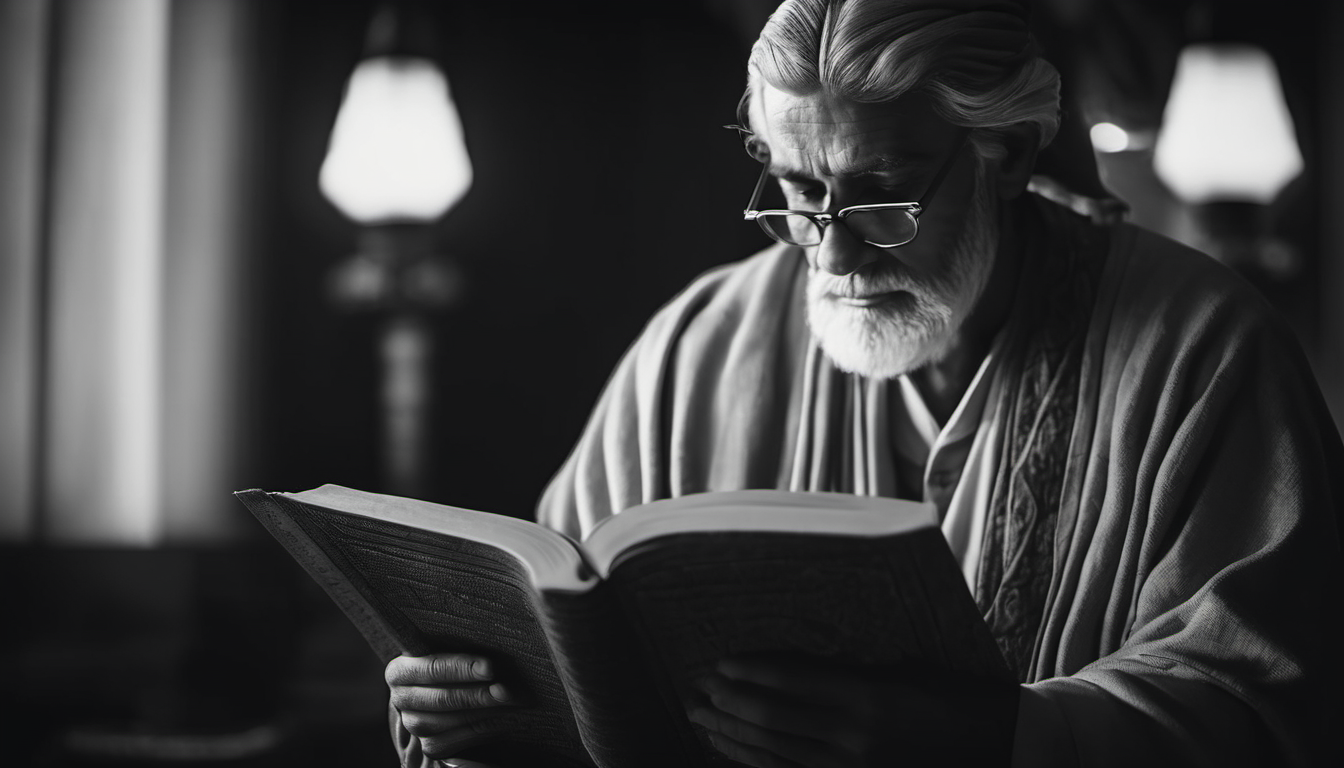INTRODUCTION
“MYP individuals and societies encourage learners to respect and understand the world around them and equip them with the necessary skills to inquire into historical, contemporary, geographical, political, social, economic, religious, technological, and cultural factors that impact individuals, societies, and environments. It encourages learners, both students and teachers, to consider local and global contexts. MYP individuals and societies incorporate disciplines traditionally studied under the general term “the humanities” (such as history and philosophy), as well as disciplines in the social sciences (such as economics, business management, geography, sociology, and political science).”
MYP Individuals and Societies Guide 2014. pg 4.
GENERAL OBJECTIVE
To develop critical thinking by analyzing social science in a way that will pique their interest as members of society and positively impact their respective contexts.
METHODOLOGY:
Students will be exposed to the various content areas of the Individuals and Societies class through visually engaging presentations, accompanied by comprehensive explanations from the teacher. Furthermore, their understanding and progress will be assessed through interactive discussions, workshops, hands-on activities, investigative tasks, and written evaluations. Lastly, the summative assessment will be conducted using the Project-Based Learning (PBL) approach, which fosters the cultivation of critical thinking and reflective skills in students, enabling them to apply their acquired knowledge in practical and meaningful real-life contexts.
Content:
Period | Topic / Unit | Content |
1st Semester | Where do we come from? | - Theories about the origin of the universe. - Components of the universe. - Planet Earth. - World's geography: The five continents' generalities. - Continental drift. - Climatic events and their impact. - Latitude and longitude. |
1st Semester | How have we adapted? | - Human evolution theories. - Technological changes and evolution of the hominids. - Work and social order in the process of humanization. - Agricultural revolution, domestication of animals, and sedentarism. - Agriculture and the beginning of Ancient Civilizations. |
2nd Semester | How have we organized? | - Forms of population in different continents. - River civilizations. - Pre-hispanic societies. - Legacy of river civilizations and pre-Hispanic societies. - Access and maintenance of power in antiquity. - Election of leaders in the antiquity. - Forms of government in ancient societies. |
2nd Semester | What is my role in society? | - Origins and evolution of "citizenship" - Participation and no participation of the people in a democracy. - No discrimination according to the Universal Declaration of Human Rights and the fundamental rights of the Colombian constitution. - Equality before the law. - Concept of identity in a multicultural society (Colombia) |
2nd Semester | Colombia, ¿Cómo llegamos a este punto en la nación? | - Gobierno Escolar. -Nociones básicas sobre la Constitución Política de Colombia (Estado, Nación, País, Ciudadanía). -Independencia y República de Colombia. -Geografía Física de Colombia. -División política de Colombia. |
COMPETENCES / ABILITIES TO DEVELOP
Knowing and understanding: 25%
Use vocabulary in context.
Demonstrate knowledge and understanding of subject-specific content and concepts, using descriptions, explanations, and examples.
Investigating: 25%
Explain the choice of a research question.
Follow an action plan to explore a research question.
Collect and record relevant information consistent with the research question.
Reflect on the research process and result.
Communicating: 25%
Communicate information and ideas with clarity.
Organize information and ideas effectively for the task.
List sources of information in a way that follows the task instructions.
Thinking Critically: 25%
Identify the main points of ideas, events, visual representations, or arguments.
Use the information to give an opinion.
Identify and analyze a range of sources/data regarding origin and purpose.
Identify different views and their implications.

- Profesor: Cristian David Cardona Valencia
- Profesor: Pablo Cesar Valencia Giraldo